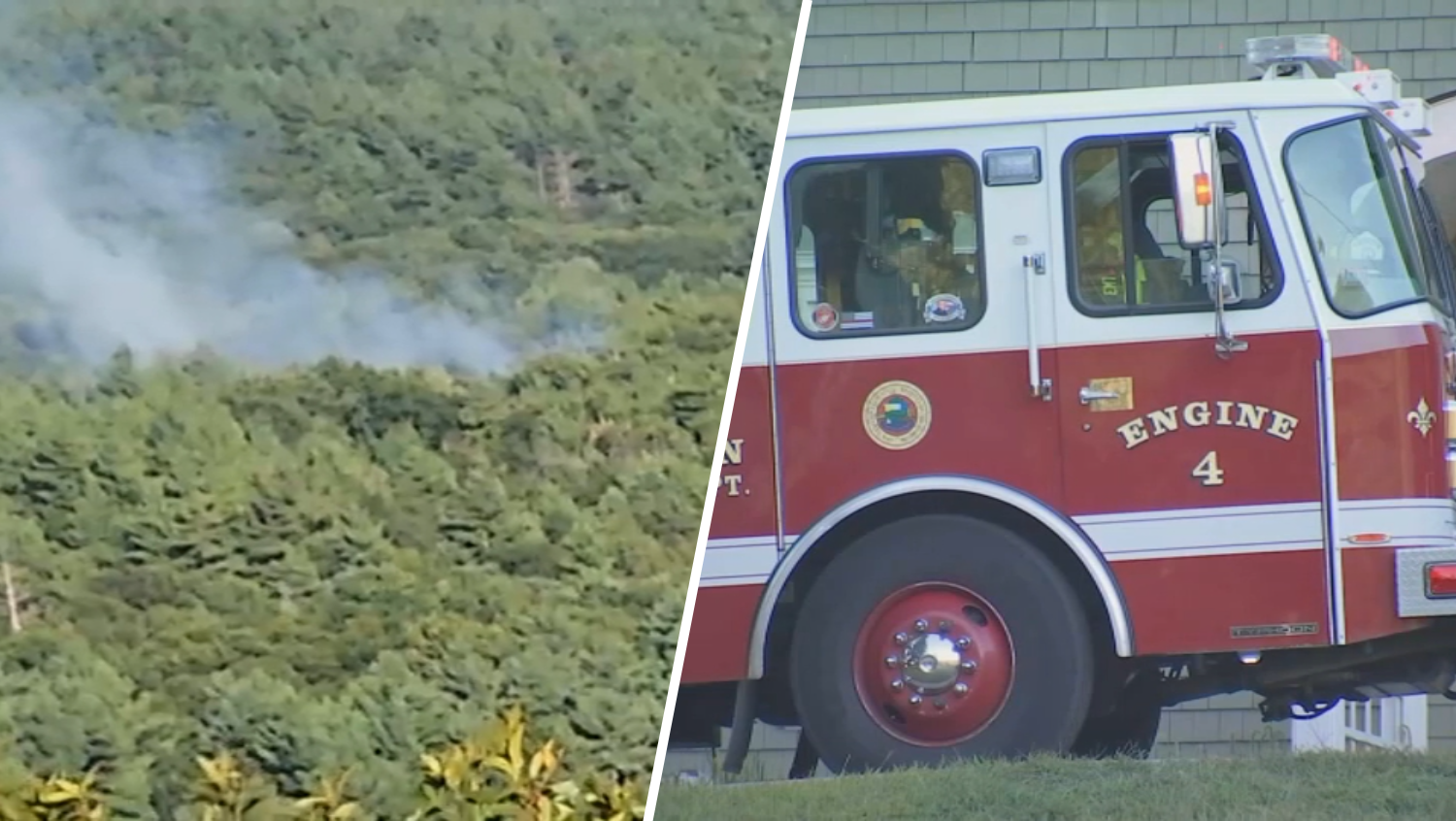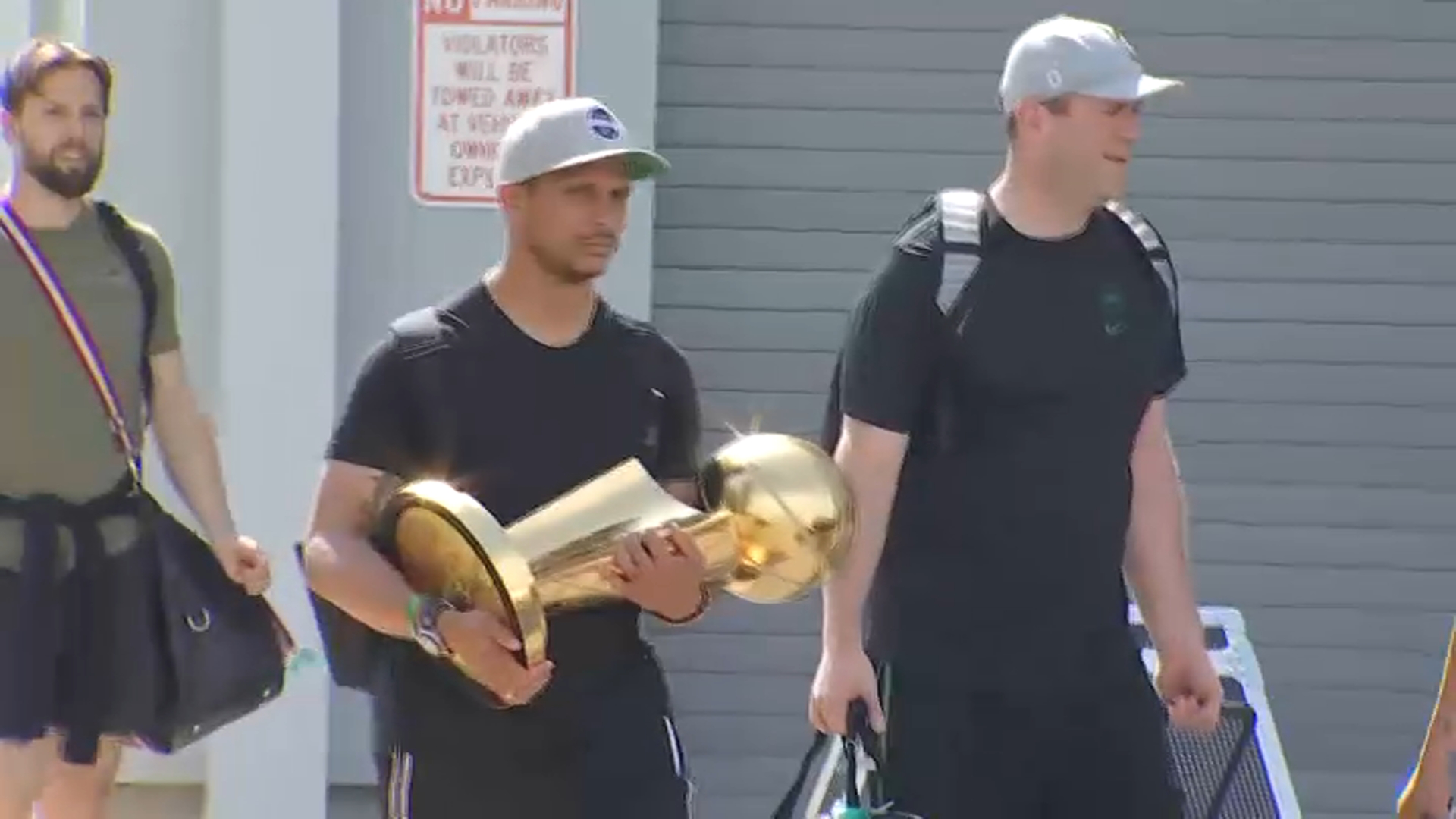Key data points indicating the state of the COVID-19 outbreak continued to creep upward over the weekend in Massachusetts, moving slowly in a direction indicating greater spread of the highly infectious virus.
State officials reported 290 confirmed new cases on Saturday, some of which were based on older tests, and 353 more on Sunday. Those numbers are still nowhere near the thousands of cases per day announced during the peak in mid-April, but trend directions on some main metrics have reversed or remained flat.
The statewide positive test rate, calculated as a seven-day weighted rolling average, has climbed from a low of 1.7 percent on July 14 to 2.2 percent on Aug. 1, according to the Department of Public Health.
During the worst of the pandemic in Massachusetts, the rate sat in the high 20s and low 30s. On July 26, that average rate hit 2 percent for the first time since late June.
Massachusetts Medical Society President Dr. David Rosman last week floated the idea of reverting the economic reopening to a more restrictive phase. On Sunday night, he called the numbers from the past few weeks "an unyielding upward trend."
"Either (1) Phase 3 is too liberal or (2) people aren't doing what they should," Rosman tweeted, adding that residents must follow advice from the Baker administration to wear face coverings in public and to avoid large public gatherings.
Hospitalizations for the virus, which has killed at least 8,417 Massachusetts residents since March, remain far below the peak outbreak. The total number of patients admitted increased from 347 on Thursday to 406 as of Saturday, according to the most recent data, which was the first time the figure surpassed 400 since July 21.
Last week, with officials tracing clusters of infections to parties, Gov. Charlie Baker said his administration is reviewing the gathering limits of 25 people for indoor spaces and up to 100 people for outdoor events, depending on the size of the venue.
Local
In-depth news coverage of the Greater Boston Area.
He also pointed to individual behavior as largely responsible for the new cases.
"The bigger issue is not so much the nature of the size of some of these gatherings, especially the private ones that are going on in backyards and places like that," Baker said Thursday. "The bigger issue is honestly the behavior generally at those, which is not socially distant, no masks and in some respects a lack of respect for how this virus works and how it moves from person to person."
Health and Human Services Secretary Marylou Sudders on Friday called the slight growth in positive tests "a slow creep," echoing the call for residents to maintain precautions such as face coverings and avoiding crowds.
When administration officials unveiled their plans to bring some sectors of public life back on a gradual basis, they said they would track the status of six key metrics: positive test rate, deaths from COVID-19, hospitalizations, health care system readiness, testing capacity, and contact tracing capabilities.
Daily data reports published by the Department of Public Health list all six metrics with a stoplight graphic indicating whether they are showing a positive trend, are in progress or a negative trend. However, the chart has not been updated since June 5, even as the positive test rate -- listed as a "positive trend" in Sunday's publication -- climbed.
Baker had no public events over the weekend and his office did not release the governor's schedule for Monday. His press team did not respond to questions whether the increase in the positive test rate would trigger any action from the administration.



